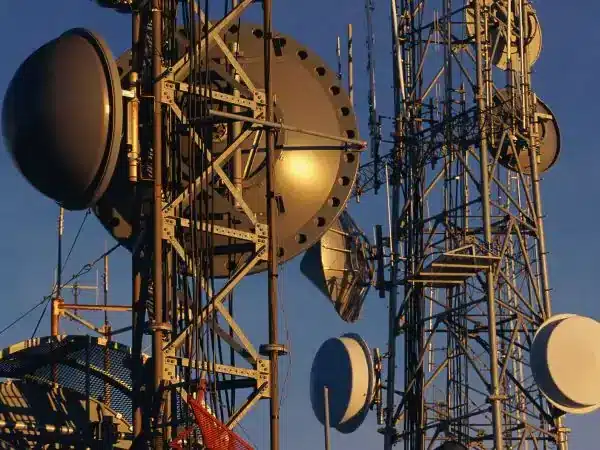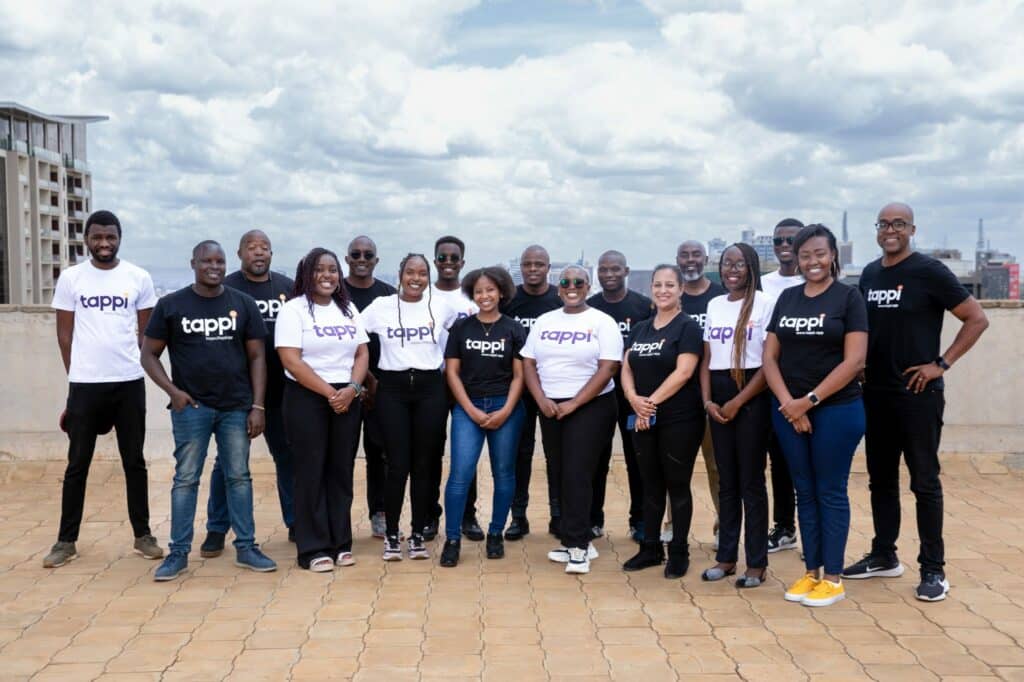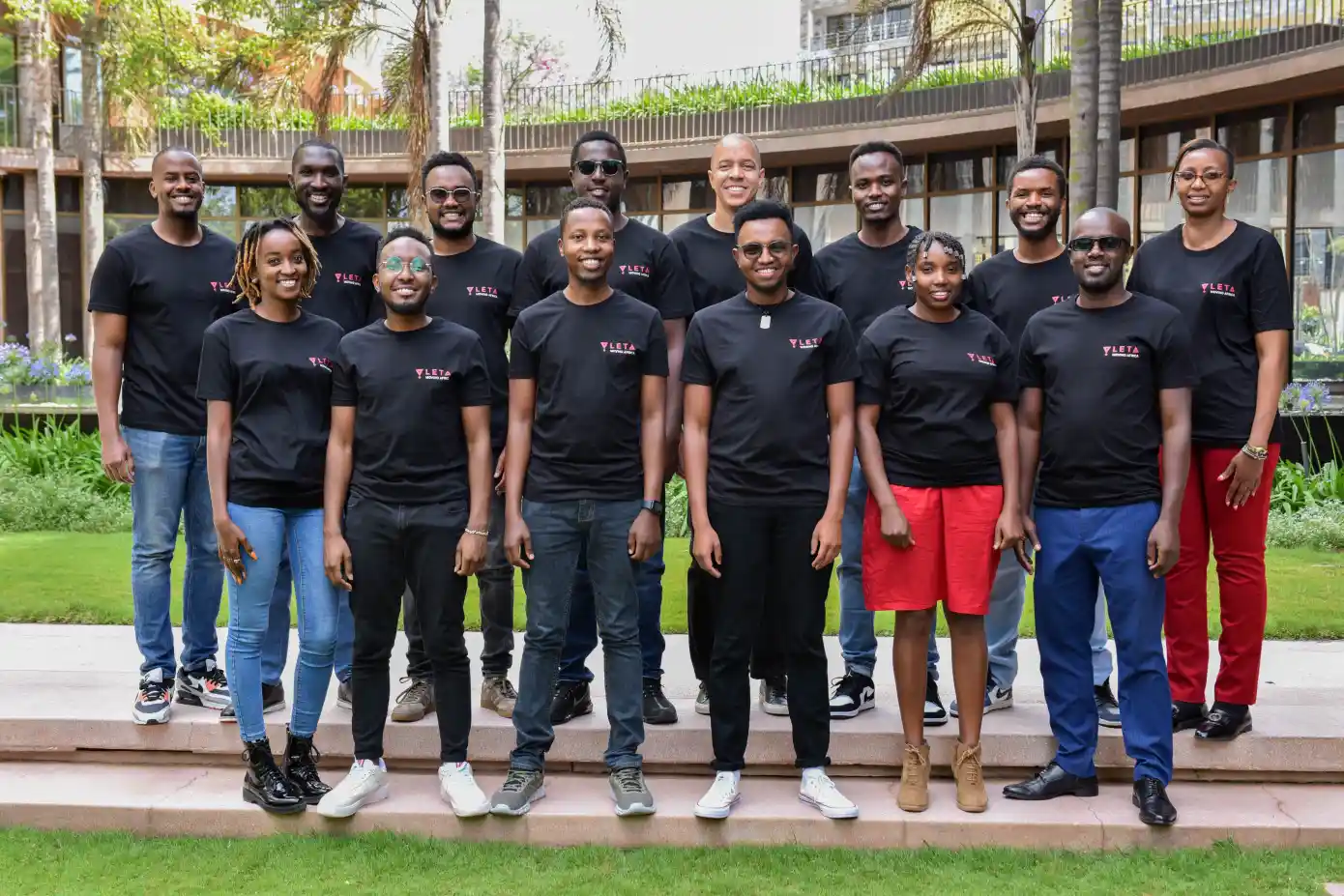Hola,
Victoria from Techpoint here,
Here’s what I’ve got for you today:
- Zim telcos: Perform or pay $5K
- Tappi: SMEs’ digital lifeline
- 15% more for your Bolt ride
Telcos could pay up to $5K fine for poor service in Zimbabwe

Zimbabwe is cracking down on telecom companies with new rules that could hit them with fines up to $5,000 for poor service.
These changes come under Statutory Instrument 154 of 2024, which updates the Postal and Telecommunications (Quality of Service) Regulations. The move is partly in response to the growing competition from Starlink.
The new regulations are all about making sure users get reliable service. They cover things like dropped calls, fast Internet, and timely message delivery. If a telco doesn’t meet the standards for three months, it could face fines of $200 per underperforming cell tower or for delayed text messages.
Big fines are also in store for extended network outages — $5,000 for outages over three hours, plus another $5,000 for every extra hour. There are also fines for failing to meet interconnection standards or not submitting network performance data.
These new rules set high targets for service quality, like a minimum 95% Data Service Access Success Rate and a Data Service Drop Rate that shouldn’t exceed 2%.
While this is good news for users, it puts more pressure on telecom companies, which are already struggling with issues like electricity shortages and financial losses.
Recent reports show that Zimbabwe’s major telcos — Econet, NetOne, and Telecel — are having a tough time. Econet reported a $73 million loss for 2024, and NetOne’s financial troubles have cost the government $200 million over two years. Telecel even needed corporate rescue to avoid liquidation.
The companies have asked the government to let them set prices in US dollars to cope with hyperinflation.
Tappi: SMEs’ digital lifeline

SMEs are super crucial, especially in sub-Saharan Africa, where they make up 95% of registered businesses and contribute half of the GDP.
But here’s the catch: about 71% of these businesses still don’t have an online presence, which makes it hard for them to reach customers in today’s digital world.
Kenfield Griffith’s journey is a great example of turning academic insight into real-world solutions. While working on his PhD at MIT, Griffith realised there was a huge data gap when it came to housing solutions in Africa. This gap, combined with his knack for problem-solving, pushed him to leave academia and dive into the startup scene.
In 2012, Griffith started Ajua, which helped big companies understand their customers better. But the high costs of Ajua’s services meant small businesses couldn’t benefit from it.
Seeing this need, Griffith and his co-founder, Louis Majanja, came up with Tappi. This software is all about making it easier for small businesses to get online and connect with their customers, even if they don’t have a lot of resources.
Tappi’s goal is to help over 44 million SMEs globally by simplifying the digital process and giving them the data they need to grow. This not only boosts small businesses but also supports broader economic development.
Want to see how Tappi is changing the game for SMEs? Check Chimgozirim’s story here!
15% more for your Bolt ride

Bolt has reportedly announced a 15% fare increase across all ride categories in Nigeria due to fuel scarcity and rising operational costs.
The company stated this move aims to provide fairer compensation for drivers struggling with the recent surge in fuel prices, which have jumped over 45% due to shortages.
Lola Masha, Bolt’s Regional Manager for North and West Africa, highlighted that the fare hike will recognise the crucial role drivers play. She stressed that the increase will help drivers earn a fair wage, allowing them to continue providing reliable transportation.
The fare adjustment follows months of discussions between Bolt, its drivers, and regulators about the impact of soaring fuel prices. Many drivers have been cutting costs, such as turning off air conditioning and negotiating fares outside the app to cope with the high costs.
Bolt acknowledged that while the fare increase may affect riders, the goal is to balance driver earnings with customer affordability. The company will keep an eye on the economic situation and adjust as needed.
This fare hike isn’t Bolt’s first effort to support drivers facing high fuel costs. In December 2023, the company introduced a fuel subsidy for drivers in Lagos and Abuja, and Bolt Kenya also recently raised fares by up to 10% after driver protests
In case you missed them
- Namibia agrees with Chinese firms to build its largest solar power plant for $89 million
- 6 Nigerian players who participated in a $10,000 Call of Duty Mobile tournament
- Nigeria’s Field gets $11M to tackle Africa’s maternal mortality crisis
What I’m watching
- Can 25 Liberal College Students Outsmart 1 Conservative? (feat. Charlie Kirk)
Opportunities
- Pitch Friday is on Friday, September 13, 2024. Register here.
- Selar’s third annual Creator Summit, themed “Living The Pan-African Dream as a Creator,” will take place on September 20-21, 2024, featuring top speakers and focusing on content monetisation and digital entrepreneurship for African creators. Register here.
- Techpoint is hiring a Managing Editor. Apply here.
- Follow Techpoint Africa’s WhatsApp channel to stay on top of the latest trends and news in the African tech space here.
Have a wonderful Wednesday!Victoria Fakiya for Techpoint Africa.









